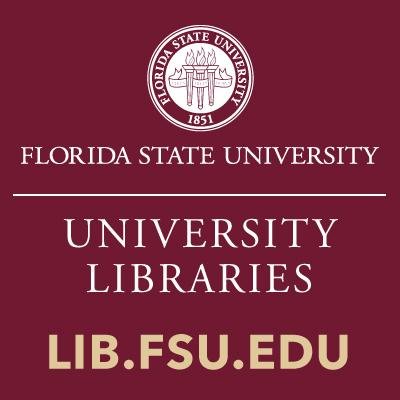
FSU Libraries is currently taking applications for new Alternative Textbook Grants to support Florida State University faculty in replacing commercial textbooks with open source alternatives to be made available to students at no cost. Open textbooks are written by experts and peer-reviewed, just like commercial textbooks, but are published under open copyright licenses so that they can be downloaded and distributed for free.
“These grants encourage faculty to explore ways to relieve some of the financial burden on their students,” said Julia Zimmerman, dean of University Libraries. “Grant programs of this kind are having a big impact at elite institutions across the country, collectively saving students millions in textbook costs each year.”
The cost of college textbooks has risen at 300 percent the rate of inflation since 1978, with a 90 percent cost increase over the last decade alone. Due to high costs, students increasingly decide not to purchase textbooks, a decision which negatively impacts learning outcomes and financial standing.
Five grants of $1,000 each will be available to current FSU faculty, including part-time instructors, who are interested in adopting or remixing open textbooks and educational resources to replace commercial course materials. Interested instructors are encouraged to review the grant requirements and submit an online application form by Feb. 24, 2017. Successful applicants will receive training and consultations to assist them in implementing their alternative textbook.
For more information, and to apply for a grant, please visit lib.fsu.edu/alttextbooks or contact Devin Soper, Scholarly Communications Librarian at dsoper@fsu.edu.
Florida State University Libraries’ mission is to drive academic excellence and success by fostering engagement through extensive collections, dynamic information resources, transformative collaborations, innovative services and supportive environments for FSU and the broader scholarly community.




